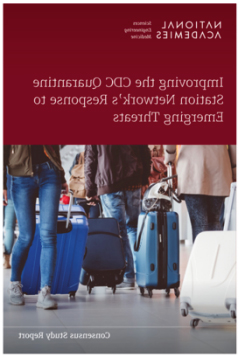
OHGA founder, Dr. Wondwossen Gebreyes, and leadership pioneered the Global One Health approach which is currently being adopted in many parts of the world. Thearticle published in 2014 outlines how an integrated One Health approach can be employed to solve complex societal challenges at the interface of human health, animal health, plants and the environment. The work was a product of several alliance members from the U.S., Kenya, Brazil, Tanzania, Thailand, France and the U.
More details can be found here: The Global One Health Paradigm
Brazil, India, South Korea and Venezuela. More details can be found here : Zoonotic and Livestock Diseases
More details can be found here: The Global One Health Paradigm
Brazil, India, South Korea and Venezuela. More details can be found here : Molecular Epidemiology of Infectious Zoonotic and Livestock Diseases

More details can be found here: NASEM Spillover Handbook

More details can be found here: Antimicrobial Resistance Rates and Surveillance in Sub-Saharan Africa
More details can be found here: Why cholera continues to threaten many African countries